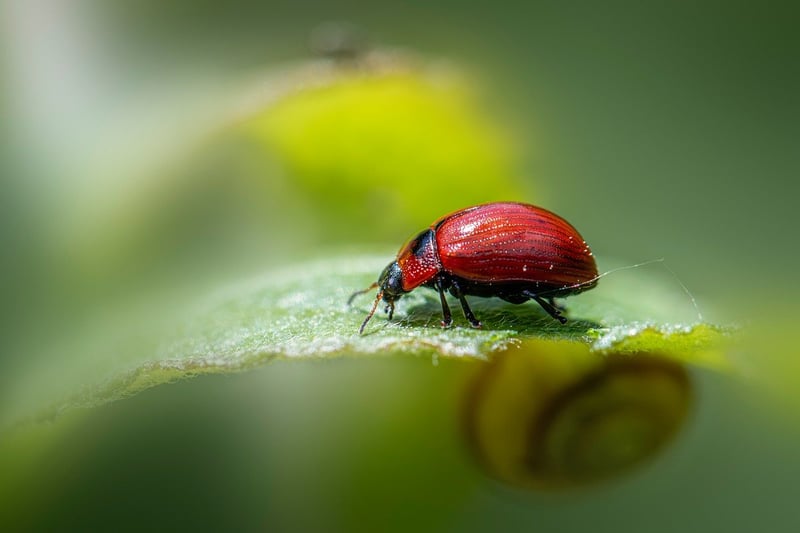Pest Control
Keeping Your Garden Healthy: Tips for Pest Control
Welcome to our guide on maintaining a healthy garden by effectively controlling pests. A beautiful garden not only adds aesthetic value to your home but also provides a peaceful sanctuary. However, unwanted pests can wreak havoc on your plants and flowers if left unchecked. Below are some essential tips to help you keep your garden healthy and thriving.
1. Identify the Pests
The first step in pest control is to identify the pests that are causing damage to your plants. Common garden pests include aphids, caterpillars, slugs, and snails. By knowing which pests you are dealing with, you can choose the most appropriate control methods.
2. Use Natural Predators
Introducing natural predators into your garden is an effective way to control pest populations. Ladybugs, lacewings, and praying mantises are beneficial insects that feed on common garden pests. You can attract these predators by planting flowers that they are attracted to, such as dill, fennel, and marigolds.
3. Neem Oil Spray
Neem oil is a natural pesticide that is effective against a wide range of garden pests. Mix neem oil with water and a small amount of dish soap, then spray it on your plants to deter pests. Neem oil is safe to use and will not harm beneficial insects in your garden.
4. Companion Planting
Companion planting involves growing certain plants together to benefit each other. For example, planting marigolds near your tomatoes can help repel nematodes. Research companion planting strategies to naturally prevent pests from infesting your garden.
5. Maintain Garden Hygiene
Keeping your garden clean and tidy is essential for preventing pest infestations. Remove any dead or decaying plant matter, as these can attract pests. Regularly weed your garden to eliminate hiding spots for insects.
6. DIY Pest Control Solutions
There are several DIY pest control solutions you can make at home using common household ingredients. For example, a mixture of garlic, onion, and cayenne pepper can be blended and sprayed on plants to deter pests. Research eco-friendly pest control recipes for effective and safe solutions.
7. Regular Monitoring
Make it a habit to regularly inspect your plants for signs of pest damage. Early detection allows you to take action before the infestation becomes severe. Look for chewed leaves, discolored patches, or insect eggs on the underside of leaves.
Conclusion
By following these tips for pest control in your garden, you can maintain a healthy and thriving outdoor space. Remember that a balanced ecosystem with natural predators and preventive measures is the key to long-term pest management. Enjoy the beauty of your garden while keeping it safe from harmful pests!
Images source: Pixabay

